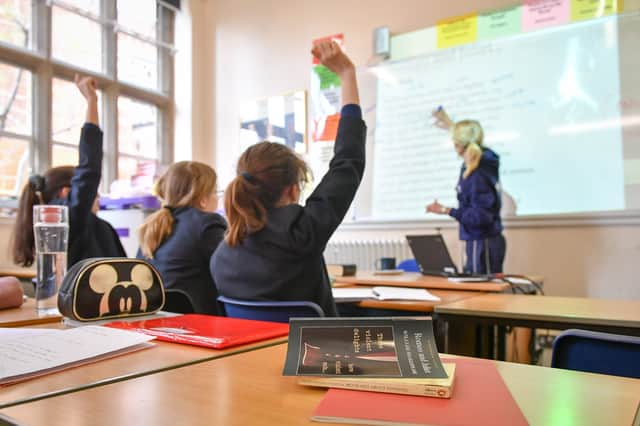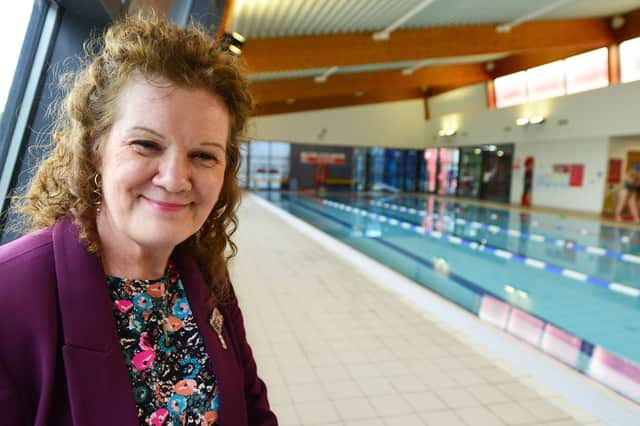More than a third of Sunderland children persistently absent from secondary schools, figures show
and live on Freeview channel 276
Concerning new figures from the Department for Education (DfE) have revealed that on average, in the last academic year, more than three in ten secondary school children in Sunderland were “persistently absent from school” - above the national average.
The figures, which were published at the end of May, showed for the academic year 2021/22, 31.9% of Sunderland secondary school children had an absence rate of 10% or more - the benchmark for persistent absence.
This compares to 27.7% nationally.
Advertisement
Hide AdAdvertisement
Hide AdPersistent absence is the percentage of pupils missing 10% or more of the mornings or afternoons they could attend.
Overall absence rates in Sunderland secondary schools were also above the national average with 10.2% of all possible mornings and afternoons missed by children compared to 9% across England.
While absence rates for the city’s primary school children are not as pronounced, they are still above the national average with a worrying two in ten (20.4%) children persistently absent from school compared to 17.7% nationally.
The primary school Local Authority overall absence average is 6.6%, compared to 6.3% across England.


Advertisement
Hide AdAdvertisement
Hide AdA report on the DfE website highlights the massive detrimental impact that absence from school can have on a child’s attainment.
The report states: “Data shows that 84% of Key Stage 2 pupils who had 100% attendance achieved the expected standard (in SATs), compared to 40% of pupils who were persistently absent across the key stage (Years 3 to 6).”
The disparity in attainment is even more stark for secondary pupils sitting their GCSEs.
The report highlights how 83.7% of pupils who missed no sessions in Year 10 and 11 attained grades 9 to 4 in English and maths compared to 35.6% of pupils who were persistently absent.
Advertisement
Hide AdAdvertisement
Hide AdThe absence rates are a “concern” for Sunderland City Council’s new Cabinet Member for Children, Learning and Skills, Councillor Linda Williams.
Cllr Williams said: “While broadly in line with the national numbers, any unauthorised absence from our schools is a matter of concern and we continue to work with parents on reducing these figures.
“When parents are identified as failing in their responsibility over school attendance, we work with schools by using Non-Attendance Procedures which includes home visits, invitations for parents to attend school to talk to staff, and Parenting Contracts which ask parents to commit to ensuring good attendance from their child.
Advertisement
Hide AdAdvertisement
Hide Ad“This is about supporting parents in improving their child’s attendance, without resorting to legal powers.”


However Cllr Williams highlighted in 2021/22 there were 245 penalty charge notices issued to parents who failed to ensure their children attended school, totalling £10,500, and stressed the Council will continue to take legal action where necessary to improve attendance rates.
She added: “We can and will use a range of legal sanctions available to secure improvement, as educational success is linked to attendance. Where pupil absence fails to improve and is not authorised by the school, legal sanctions are considered to ensure our young people receive a good education.
“We believe that absence from school, for whatever reason, is detrimental to a child’s long-term life opportunities. Missing school damages a pupil’s attainment levels and disrupts school routines.”
Comment Guidelines
National World encourages reader discussion on our stories. User feedback, insights and back-and-forth exchanges add a rich layer of context to reporting. Please review our Community Guidelines before commenting.